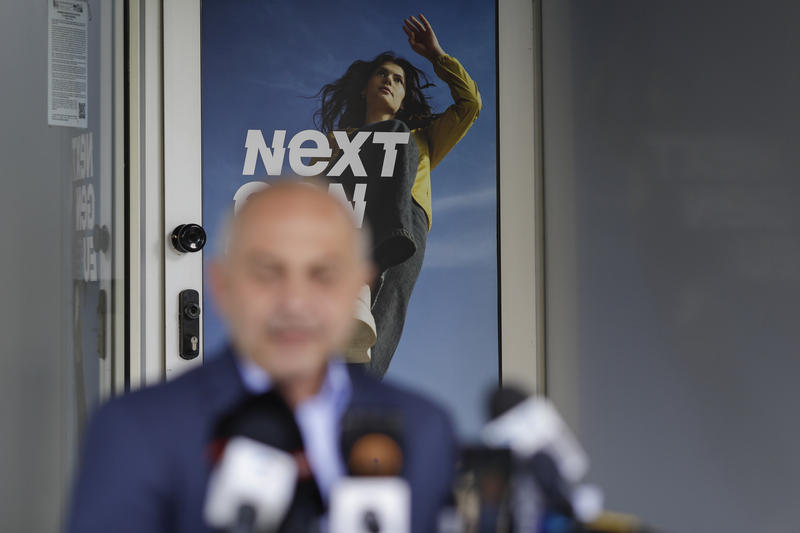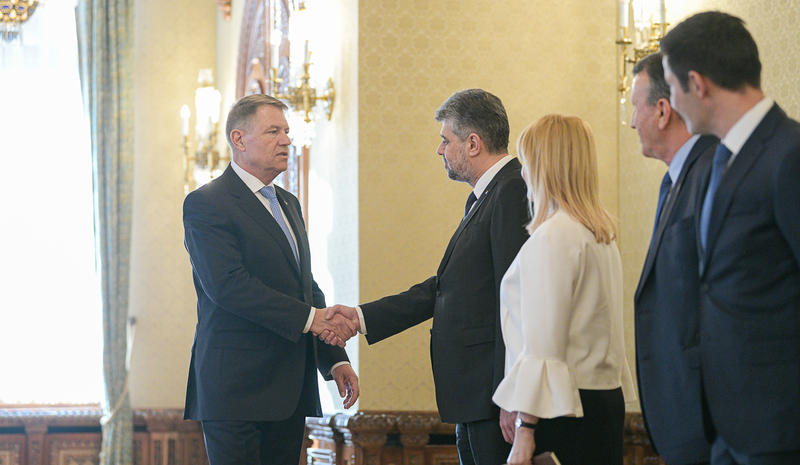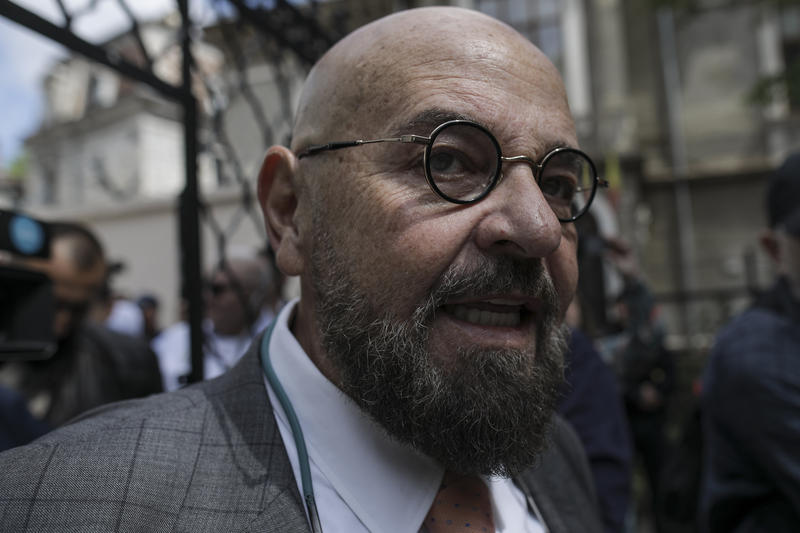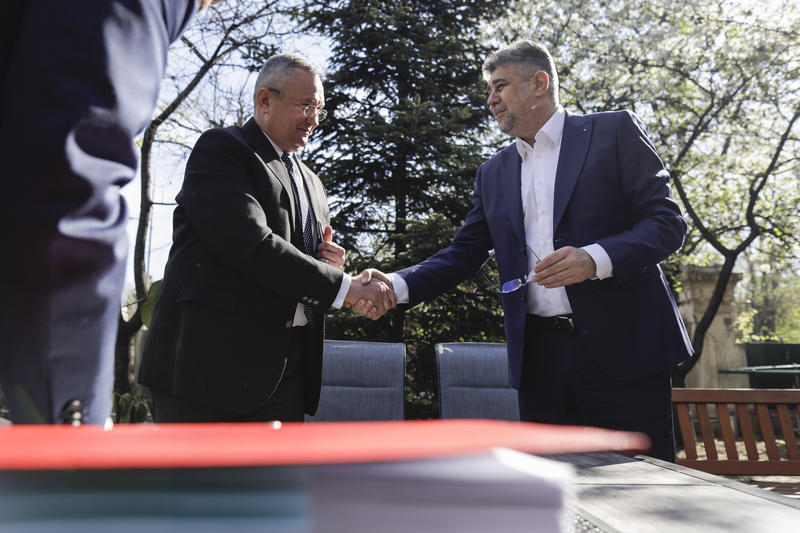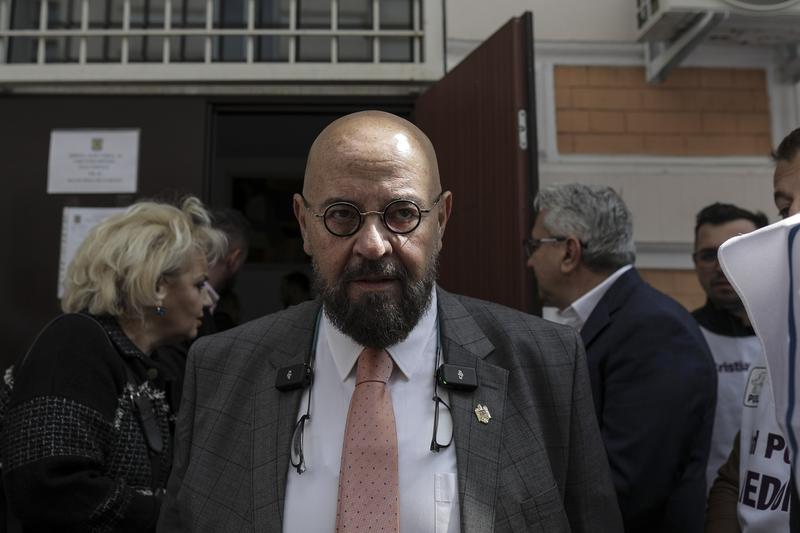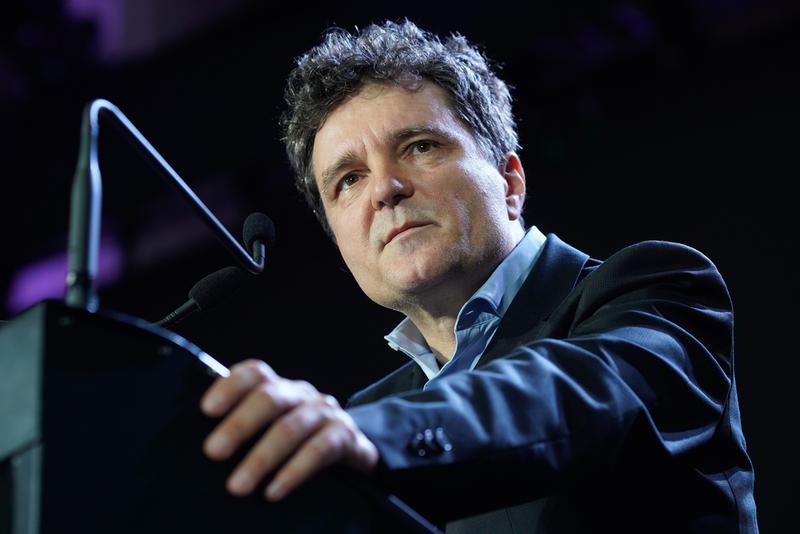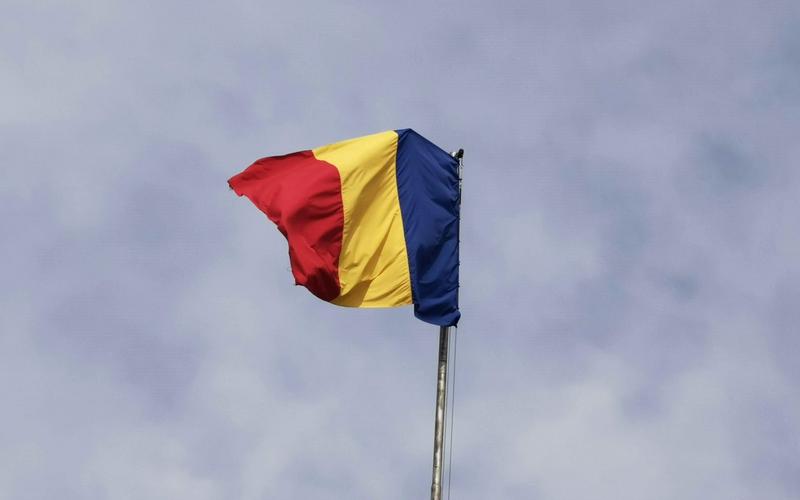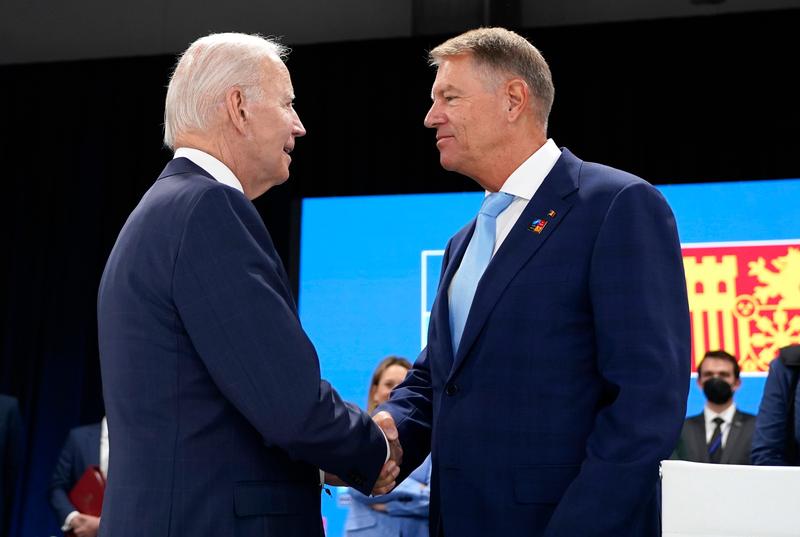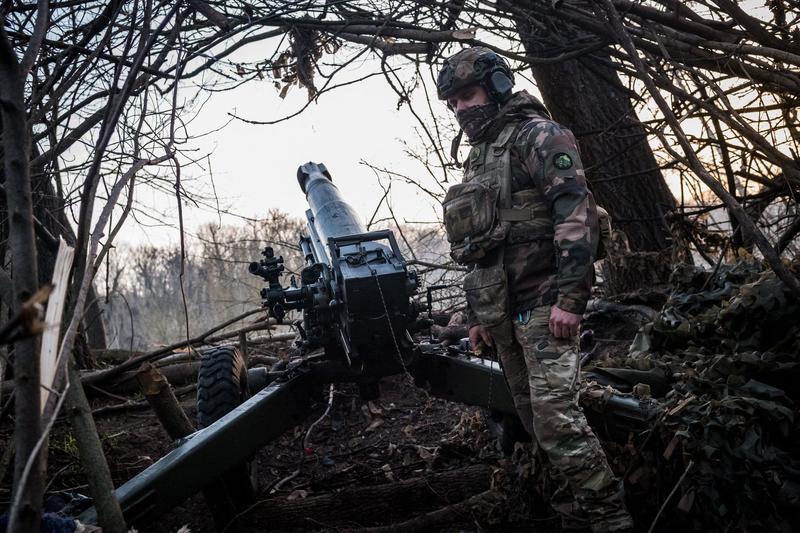Crisis effects and political negotiations for the future government - these are the only two subjects dealt with in most headlines on Friday. There's nothing certain in politics, with new attempts to make Liberals change their mind and join the governing team, but there's plenty of certitude about the crisis: it is here and it is already affecting lots of businesses.
Liberal (PNL) vice president Ludovic Orban demanded explanations from the party leaders, regarding their decision to stay in the Opposition during the next mandate. Orban asked for a round of consultations with the party's regional leaders and branch presidents. The move may force PNL return to negotiations with the Democrat Liberals (PDL), for forming the future Government, according to Evenimentul Zilei.
On the other hand, negotiations between PDL and Social Democrats (PSD) aren't going very well, either. Gandul notes that the alliance dictated by the central leadership of PSD may not be implemented in some counties, where the war between PSD and PDL is far from over. Local PSD leaders still refuse any cooperation with PDL, the newspaper reads.
The blocked negotiations between PDL and PNL may enter a second round in case the PNL president, Calin Popescu Tariceanu, and Romania president Traian Basescu (supported by PDL) have a fruitful meeting in Brussels. According to some sources, quoted by Cotidianul, Liberals are opened for negotiations, but only under official circumstances.
Meanwhile, the formal negotiations between PDL and PSD reached the "bone sharing" stage. The parties discuss the way they will lead ministries, the main demand of PSD being to rule the Justice Ministry, Gandul reads. Other ministries were "packed" in couples, so that a party that chooses one of them can not demand the other (Education / Health, Defense / Interior and so on).
European Socialists don't seem to happy with the PSD decision to team up with PSD, considered as a party without any ideology. At the same time, Socialists say that PSD made a mistake when it demanded the absence of Hungarian Democrats (UDMR) from the future Government, Cotidianul reads.
Beyond the political issues, the economic crisis is once again in the news. News about factories shutting down and banks stocking the financial aid are everywhere. Evenimentul Zilei quotes a PricewaterhouseCoopers partner, Mihaela Mitroi, who says that raising taxes would be the worst thing Romania can do, since such a move would drive investors away. "Countries in Eastern Europe are in a beauty contest. The new government should refrain from making significant changes in the fiscal policy", says Mitroi.
The Romanian state looks firmly decided to maintain its foreign investments input. According to a decision on Thursday, investors about to invest over 30 million Euros will receive state incentives worth 28 million Euros. Investments near Bucharest may receive incentives up to 22.5 million Euros, Evenimentul Zilei reads.
Speaking of crisis: banks are the first to see it coming. The clients' debt towards banks increased 35% in November, compared to October, reaching 404 million RON (some 110 million Euros). The main area seeing payment delays are credits in foreign currencies, Gandul reads.
